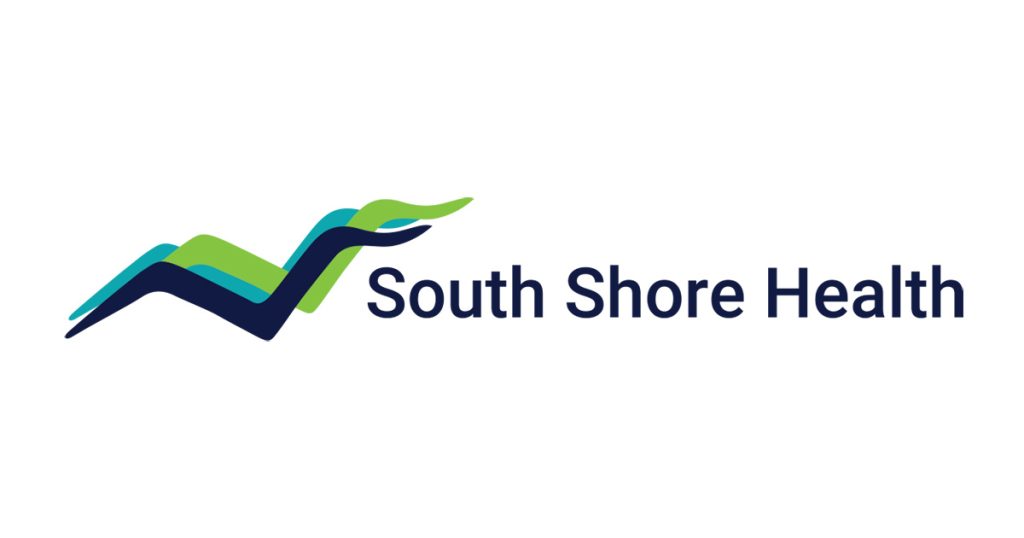We spoke with Kelly Lannutti, DO, the Director of Clinical Transformation and co-Medical Director of Mobile Integrated Health (MIH) at South Shore Health, a not-for-profit community health system serving Massachusetts. Dr. Lannutti shared how Bamboo Health’s Real-Time Care Intelligence™ helps coordinate care and drive improved outcomes for at-risk patients within the community.
Please introduce yourself, Dr. Lannutti. Tell us a little bit about yourself.
I am a Family Practice physician who is passionate about value-based care and innovative care delivery models. As Director of Clinical Transformation at South Shore Health, I am responsible for the clinical programs within our population health framework including ambulatory case management, Mobile Integrated Health, Hospital at Home, Advanced Illness programs and remote patient monitoring.
Who is South Shore Health? What differentiates you?
South Shore Health is an independent, not-for-profit community health system offering primary and specialty care, hospital care, home health and community care, emergency and urgent care, and preventative and wellness services. It is the parent organization of South Shore Hospital and South Shore Medical Center and includes the South Shore Visiting Nurse Association. Through our extended partnerships with Brigham and Women’s Hospital, The Dana-Farber Cancer Institute, and Children’s Hospital, South Shore Health is committed to offering community-based, exceptional care that the people of our region deserve.
Who does your community consist of? How diverse is your population?
As Southeastern Massachusetts’ largest independent health system, South Shore Health serves more than 1.2 million patients. South Shore Health’s main patient base draws from 27 municipalities within Norfolk and Plymouth Counties, with the core service area ranging from Quincy and Braintree to the north, Brockton to the west and Kingston and Pembroke to the south.
You offer Mobile Integrated Health (MIH). What does that consist of?
Mobile Integrated Health (MIH) is a program utilizing paramedics to care for patients in their homes and communities as an alternative to the acute care hospital. South Shore Health’s MIH program is the only health system-based MIH program in the state of Massachusetts. Our team includes paramedics, nurses, PAs/NPs, dispatchers, operational managers and medical directors who visit patients in the community in need of acute services including IV medications, labs, diagnostic imaging, EKGs, wound care and advanced illness support.
What successes have you seen with MIH?
Since our launch in March 2020, our MIH program has cared for more than 3000 patients and completed more than 8000 paramedic visits. During the COVID-19 pandemic, we mobilized our MIH team to provide COVID testing, vaccination and eventually treatments to patients in the home as a way to reach our most vulnerable populations. Today, MIH continues to provide care to South Shore Health patients with a focus on preventing unnecessary ED visits and readmissions in a time where we are seeing record-high patient volume in our acute care hospital. For South Shore Health, MIH has been a game-changer, enabling us to care for our patients at the right place, at the right time, in the comfort of their own home.
You also have an Advanced Illness Case Management Program. What does that consist of?
Our advanced illness ambulatory case management program engages with our most high-risk patients, both in person and via telephone, to support them and their goals of care. Advanced illness case managers help to coordinate care for patients and work closely with primary care, VNA, MIH, palliative care and hospice teams.
Do MIH and the Case Management Program complement one another? If so, how?
Absolutely! Our MIH team works closely with our case managers to provide comprehensive care to our most at-risk patients. It’s not uncommon for a case manager to reach out to MIH to coordinate a same day visit for a patient who is experiencing worsening symptoms and would benefit from an evaluation to avoid the ER. Alternatively, the MIH team has unique insight into patient needs since they are in the home working with the patient and talking with the family. If needed, the MIH team will outreach to the case management team to coordinate ongoing services or support for a patient.
Has tracking the use of high-risk, high utilizers been a challenge in the past? How do you track them today across both of these programs?
Tracking of high-risk and high-utilizer patients has always been challenging. Patients often utilize multiple healthcare systems and providers for care, which can make it difficult to coordinate and cause gaps in communication. Utilizing tools such as Bamboo, our MIH and advanced illness case management teams are able to get real-time alerts when patients receive care, arrive in an emergency room or are admitted/discharged from a hospital or facility.
How do you coordinate their care to eliminate care gaps, maximize the value of their care, etc.?
South Shore Health is committed to providing exceptional care to our patients. To eliminate care gaps, avoid duplication of services and assure goal-concordant care we have invested in programs such as MIH and advanced illness case management. Coupled with technology like Bamboo that enables us to coordinate transitions of care, we focus on identifying our patients that are most at-risk for hospitalization and/or readmission and proactively outreach to them when appropriate. Following an acute event, our MIH and advanced illness teams can connect with patients to provide additional care in the home, transition back to the PCP or follow up on recommendations to improve their overall health and wellbeing.
Are there any patient stories that stand out to you?
One of the most impactful patient stories recently was a gentleman who had been identified for the advanced illness case management program due to his diagnoses and recent hospitalizations. Bamboo alerted our advanced illness case manager that the patient arrived in South Shore Health’s emergency department (ED), and she was able to contact the ED staff to coordinate care aligned with his goals. Without her intervention the patient surely would have been admitted, but thanks to her real-time notification and outreach the patient was able to be successfully discharged home with MIH services instead, where he was cared for in the comfort of his own home. The patient and his family were so grateful for the care they received and the coordination of services.
To learn more about how Bamboo Health can help your organization achieve care coordination, contact us today.



